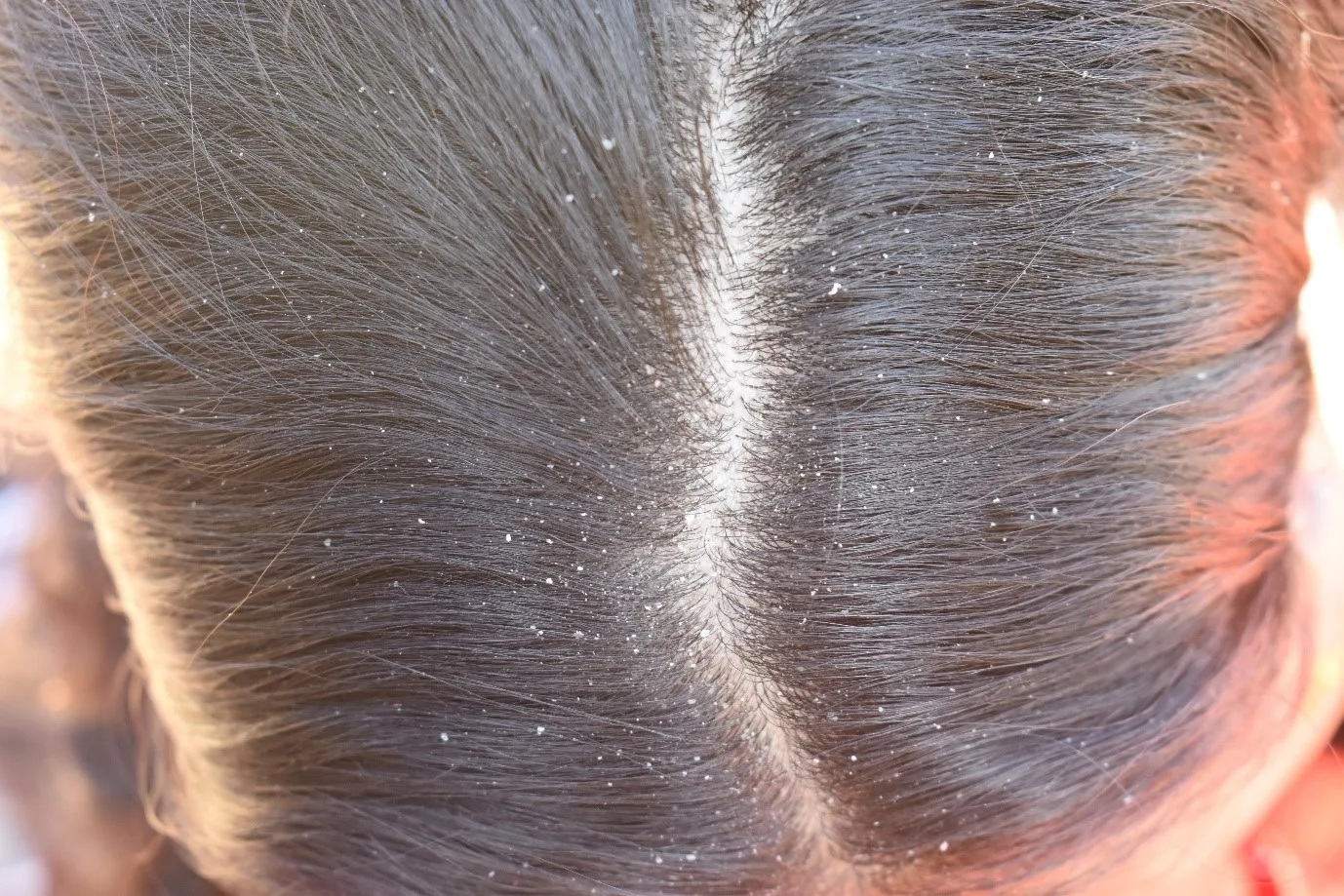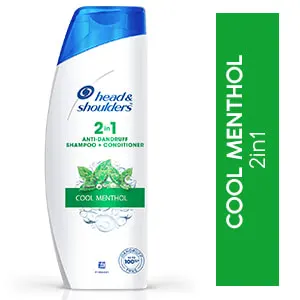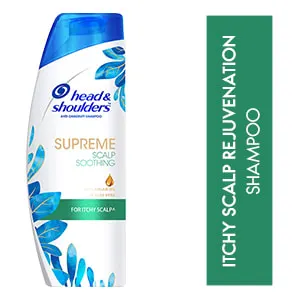DOES WINTER CAUSE DANDRUFF?
We often hear from people who tell us their dandruff appears worse in the winter months. But how is it related?

The simple answer is that winter itself does not cause dandruff. But finding dandruff in winter is a common occurrence for those who suffer from this ailment. To understand why dandruff occurs in winter, you need to understand what dandruff is.
Most people believe that the flakes they find on their shoulders is dandruff in winter, but it is most likely flaking of a dry scalp. Dandruff is usually associated with an extremely oily scalp. There is a naturally occurring fungus called Malassezia Globosa which breaks down this oil into constituents that you might be sensitive to. Half of the people in the world react to it, breaking out into bouts of itching and flaking on the scalp.
But this is different from a dry scalp. Because of the dry and cold weather, your scalp can lose moisture faster. This leads to cracked skin where your dead skin cells are pushed out in the form of flakes. Dry scalp flakes are smaller, while dandruff can be larger and slightly more yellowish in colour. The biggest differentiator is the oiliness that is found, which is the key on how to control dandruff in winter.
What is the reason for dandruff in winter?
Since excess oil and fungus are the main reasons for dandruff, you can identify the various factors in the colder months that make an existing problem worse:
-
Dry Scalp –
Ironically an excessively dry scalp can trigger your body into producing more oil for protection. This can keep increasing based on the weather conditions and worsen your dandruff, making you hunt for solutions on how to remove dandruff in winter. -
Wearing a hat –
Dandruff-causing microbes thrive at higher temperatures, so when you pull on a wooly hat and raise the temperature of your scalp, you’re more at risk of dandruff. Studies have shown that it doesn’t take long to reach the optimum temperature for dandruff-causing microbes to thrive. -
Washing your hair infrequently –
When you’re in the cold, you’re not going to wash your hair that often. But this might lead to matted hair, which can trap oil, dirt and germs on your scalp, increasing your dandruff problems. -
Sudden change in temperature –
You might be using extremely hot water to shower and then come out into the cold. These sudden changes in temperature can disrupt your scalp ecosystem and oil secretion. -
Stress –
There is such a thing as winter stress or fatigue, which can cause hormonal fluctuations within your body. This can directly affect your oil production and be a possible reason for why dandruff occurs in winter.
Remedies for dandruff in winter
If you're at risk from environmental factors in the winter, there are some simple steps you can take to protect your hair and scalp:
- Apply Argan oil to your hair and scalp, creating a moisture barrier to the environment. This can prevent your scalp from drying out and its anti-inflammatory properties can sooth your itching.
- Tea tree oil is an essential oil that is anti-fungal and anti-bacterial in nature. It can moisturise your head and soothe any itching. Always apply after diluting.
- Don’t take excessively hot showers and avoid heat-based styling for your hair. These have a tendency of drying out your scalp and damaging your skin.
- Avoid hair products that contain alcohol-based ingredients. In the cold weather, these elements can dry out your head and eventually lead to dandruff.
- Using an Aloe Vera mask can bring back the moisture to your scalp and also clear any oil build-up. This is a great way on how to get rid of dandruff in winter and nourish your hair.
- Don’t tie up wet hair, as this can create a perfect environment for fungus and bacteria to grow.
- Wash your hair regularly with shampoos that can have a moisturising effect, like the Head and Shoulders 2 in 1 Smooth and Silky. This can restore your dry hair and get rid of the dandruff causing germs.
There are other dandruff in winter home remedies available, but you should always be careful when trying to find an answer on how to cure from dandruff. It’s always about finding a balance in your hair care by using the right products at the right time. Use tried and tested products like the Head and Shoulders Neem, to clean and protect your scalp. Find what works for you and figure a way on how to avoid dandruff in winter for good.





